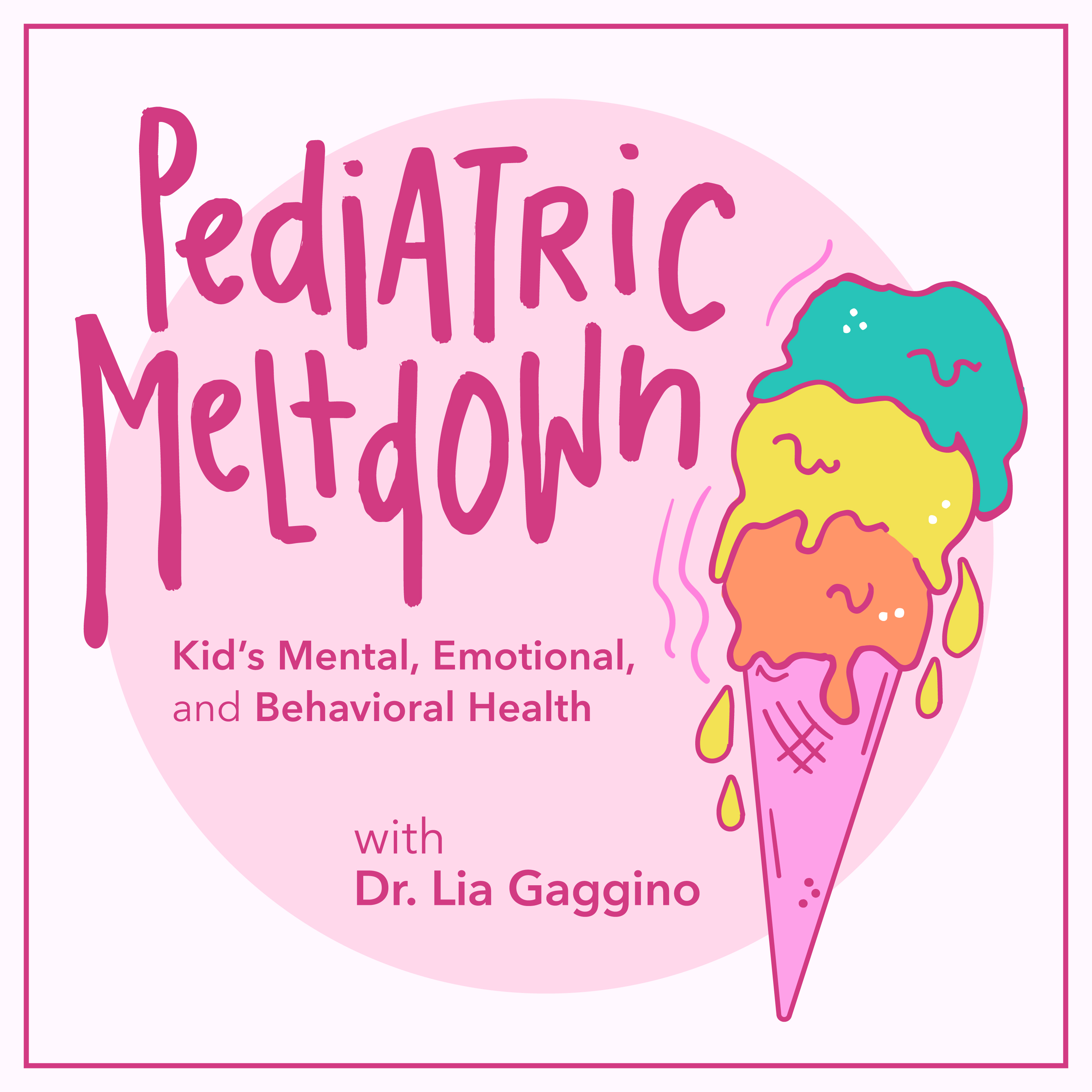
215. Pediatric Social Influencers of Health: Screening and Intervention
Podcast: Pediatric Meltdown
Autor:Lia Gaggino
In the realm of pediatrics, can a child's ZIP code be a stronger predictor of health outcomes than their genetic code? Dr. Lia Gaggino examines this critical question alongside pediatric residents Dr. Nicole Hickman and Dr. Kathleen Kelly. These passionate advocates for health equity discuss their innovative work integrating social influencers of health into pediatric residency programs and primary care practices. They address the complexities of tackling food insecurity, housing instability, and other social influencers of health that significantly impact children's well-being. Drs. Hickman and Kelly provide practical strategies for screening patients and implementing community resource referral systems, showcasing how targeted interventions can yield substantial improvements in care. Their groundbreaking approach to the medical education curriculum and inpatient systems interventions aims to reduce healthcare inequities. Their dedication to advocacy and addressing social determinants in pediatric residency will inspire listeners to become catalysts for change in pediatric healthcare. [00:33 -14:46] The Role of Social Influencers of Health in Pediatric CareSocial influencers, such as access to healthcare, education, and neighborhood environment, significantly affect children's health outcomes.Pediatricians must recognize the importance of community context, economic stability, and access to quality resources in shaping child health.Families living in food deserts face challenges in accessing nutritious foods, affecting children's overall health and development.Addressing social influencers can help mitigate health disparities, offering opportunities for intervention to improve pediatric health.[14:47 - 24:08] Addressing Structural Racism and Intersectionality in Pediatric Health OutcomesStructural racism, reinforced through housing, education, and healthcare systems, significantly affects health outcomes, particularly in marginalized communities.In Chicago, a stark 30-year difference in life expectancy exists between predominantly white and Black neighborhoods, exemplifying the impact of systemic discrimination.Pediatric care must acknowledge and address the broader societal factors, like redlining and economic disinvestment, that contribute to health inequities.Developing pediatric training to address structural racism is critical for reducing the health gaps caused by these deeply rooted societal factors.[24:09 -32:16] Trauma-Informed Approaches in Pediatric Social Health ScreeningsUsing sensitive language during screenings encourages trust, which helps families feel comfortable discussing social challenges over time.Normalizing the screening process by introducing it as a routine part of every patient encounter helps build rapport and reduce stigma.Pediatricians should reassure families that resources are available to help address needs identified during screenings, reinforcing that support is ongoing.Offering social work support and providing a list of community resources upfront can prepare families for future needs, even if they don’t require immediate assistance(pm03).[32:17 - 43:44] Pediatric Screening Tools for Addressing Social Determinants of HealthThe hospital system uses a comprehensive screening questionnaire that includes housing insecurity, food insecurity, and physical violence.The tool incorporates questions related to gun access in the home, combining different social screeners and abuse screeners.Pediatricians can track outcomes using a closed-loop referral system, ensuring patients receive the resources they need.Screening tools are integrated...
Fecha de Publicación: 9 de octubre de 2024
Duración: 51 min
Añadir a Playlist

Episodios Relacionados
-
249. The Pediatric Meltdown Podcast: Behind the Scenes junio 4, 2025
-
248. Conversation with My Daughter: Soft Body Baddie mayo 28, 2025
-
247. Human Trafficking: What Pediatric Clinicians Must Know mayo 21, 2025
-
246. Pediatric Psychopharmacology: Tips for Prescribers mayo 15, 2025
-
245. When Sadness Looks Like Anger: Rethinking Pediatric Depression and Behavioral Activation mayo 7, 2025